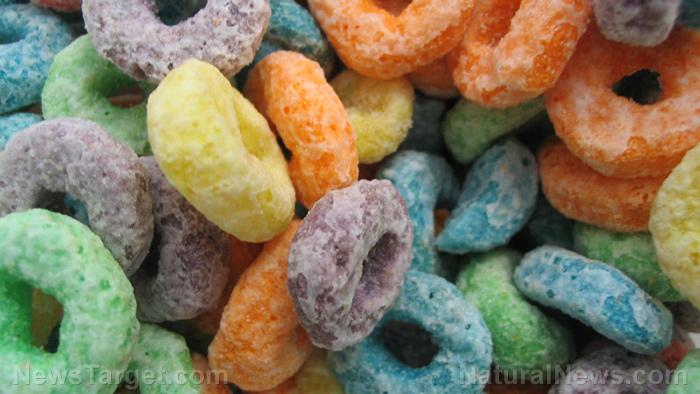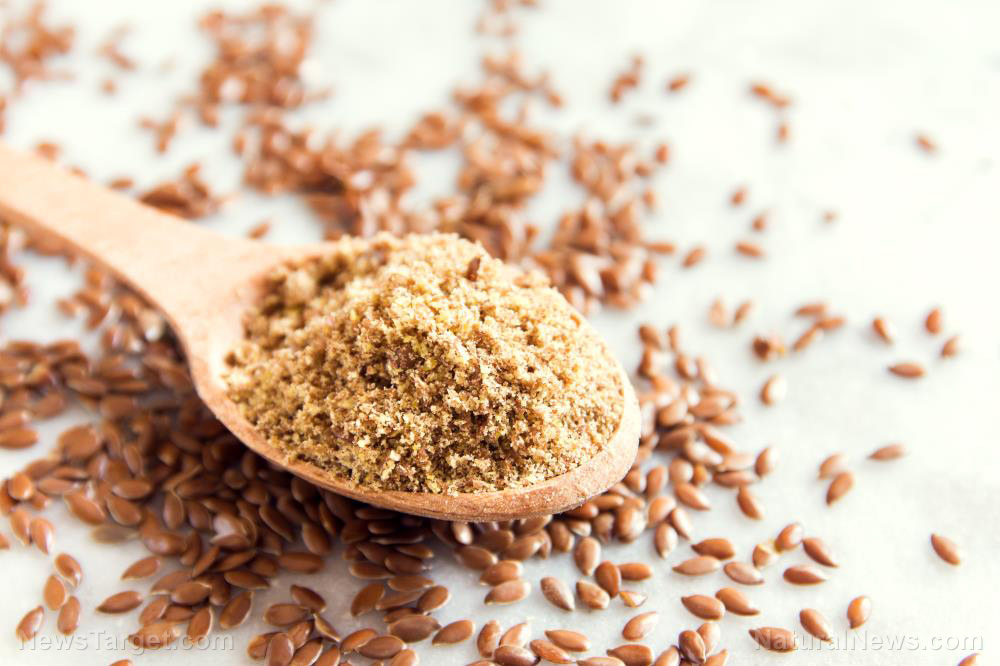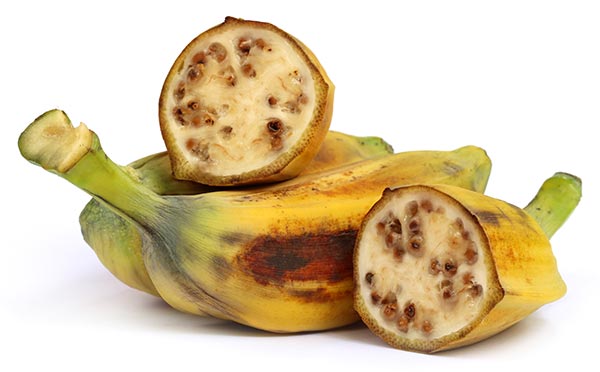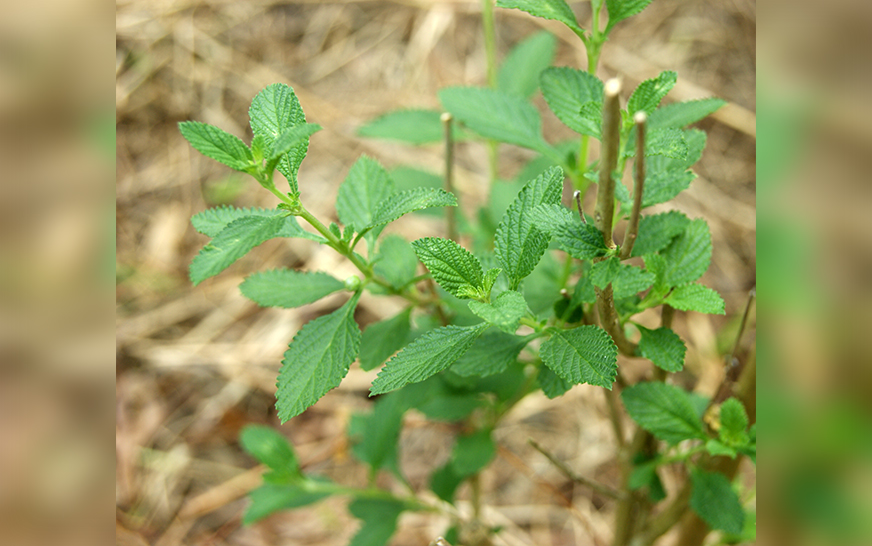Consuming cancer tastes SO good: High fructose corn syrup is “cancer” food, increases tumor growth
09/12/2019 / By Lance D Johnson

Food and beverage companies have studied the human brain to figure out the best way to addict you to their products. Using flavor science, these companies have found the most efficient way to excite your taste buds and incite pleasure in your brain. This mad science is done in the light of day, en masse, with no regard to the public health crisis it has helped create.
HFCS burdens the liver, causes weight gain
High fructose corn syrup (HFCS) is one of the oldest, most commonly used flavor sciences throughout the grocery world, and it is metabolized differently than regular table sugar. HFCS is 42 to 45 percent glucose and at least 55 percent fructose. In some instances, HFCS can be comprised of 90 percent fructose. These molecules are unbound and contained in liquid form, as opposed to table sugar, which is a crystallized solid, with a more balanced glucose to fructose ratio.
Table sugar is derived from sugar cane or sugar beets. HFCS is derived from genetically modified corn. HFCS became more profitable because it is sweeter to the tongue and more addicting. It’s also more profitable because government subsidies have made corn more accessible, allowing food and beverage companies unlimited supply of this commodity. Today, HFCS can be added to your ketchup, your salad dressing, yogurt, crackers, snack bars, steak sauce, applesauce, cereal, and juices, among several other grocery items. It is the top sweetener for your favorite soft drinks. Even though consuming excess table sugar is dangerous for your health, HFCS is speeding up the damage. This is mainly because HFCS contains excess fructose, which burdens the liver. The liver converts excess fructose to glycogen. As glycogen builds up, it turns to body fat. This process hinders healthy metabolism and causes insulin resistance, obesity, and Type 2 diabetes.

|
Discover how to prevent and reverse heart disease (and other cardio related events) with this free ebook: Written by popular Natural News writer Vicki Batt, this book includes everything you need to know about preventing heart disease, reversing hypertension, and nurturing your cardiac health without medication. Learn More. |
HFCS accelerates tumor growth in the intestines
A new study from Baylor College of Medicine shows that HFCS damages animals all the way down to the cellular level. The study title, “High-fructose corn syrup enhances intestinal tumor growth in mice” suggests that even a moderate amount of HFCS can cause tumors to grow.
In the study, mice with early stage colon cancer were either given plain water or water that was mixed with 25 percent HFCS. After a single month, all the mice that consumed water tainted with HFCS gained weight. Worse yet, these mice “showed a substantial increase in tumor size and tumor grade.” HFCS was fueling not only the weight gain, but it was also helping tumors grow in the animal’s intestines. The tumor growth was not due to genetics, metabolic syndrome, or obesity; it was the direct effect of HFCS consumption.
Sadly, the same mechanisms for early stage colon cancer can occur in both mice and humans. If the study were to be replicated in humans, only one can of soda per day would be needed to be in proportion. This means that a single can of soda a day creates the perfect conditions for tumors to grow in the intestines of humans.
Every product that contains HFCS is contributing to cancer in your body. Not only should all these grocery items contain a cancer warning sticker on the packaging, but oncologists should also be warning their patients to refrain from all products that contain HFCS. Instead of taking the cause of cancer seriously, most families that suffer from cancer continue to eat and drink whatever they desire. Family members will host cancer charity events to raise money for chemotherapy, only to serve their guests a bunch of soda, hotdogs, beer, cookies, and other HFCS “delicacies” that only feed the state of cancer that most people live in.
Sources include:
Tagged Under: body fat, cancer, disease causes, fructose, genetically modified corn, high-fructose corn syrup, ingredients, liver health, metabolic disorders, obesity, Oncology, soda, sweeteners, toxic ingredients, tumor growth



















